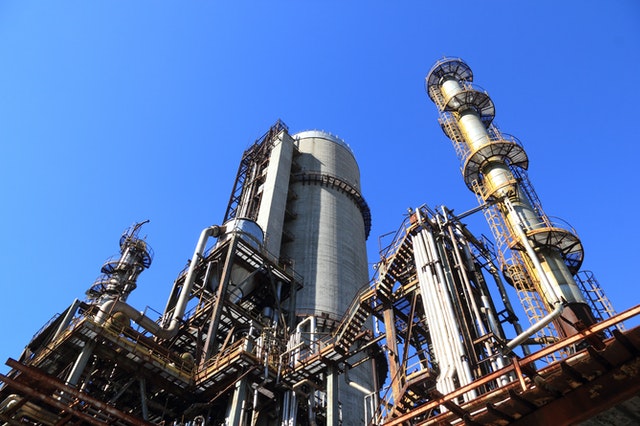Bachelor of Science in Petroleum Engineering
Programme Overview
Duration: 4 Years (8 Semesters)
Online & On-Campus Fees Per Semester
Course Description
Petroleum Engineering is a unique programme that combines petroleum, gas and exploration engineering to cater for the ever-demanding oil and gas industry. Petroleum engineers have many responsibilities within their field. They monitor the development of oil and gas wells, design treatment facilities, and manage a variety of technologies. The curriculum for a petroleum engineering programme is quite extensive, and students are expected to master particular objectives before receiving their degree. Some of the courses taught in the programme include chemistry, geology, reservoir engineering, and engineering physics. After completing the programme, the student will have a thorough understanding of petroleum systems and various engineering principles.
The Bachelor of Science in petroleum engineering gives a practical and comprehensive approach to petroleum mining and all processes involved.
Petroleum engineers are in high demand throughout the world. Energy will always be an important part of people’s lives. They need it to power their homes as well as their vehicles. As a petroleum engineer, you provide citizens with access to one of the most important resources. The work you do is essential to sustaining modern-day society. Within the oil and gas industry, petroleum engineers have a number of important duties. They design wells, manage drilling equipment and develop new technologies. These professionals are indispensable components of their business. Many employers are keen to hire those with a background in petroleum engineering. In recent years, several new positions have arisen that cater to the talents of petroleum engineers. Some of these jobs include underground waste disposal, pollution clean-up, and hydrology. There is no shortage of career opportunities for petroleum engineers

Year 1 Semester 1 - BSPE
Year 1 Semester 2 - BSPE
Year 2 Semester 1 - BSPE
Year 2 Semester 2 - BSPE
Year 3 Semester 1 - BSPE
Year 3 Semester 2 - BSPE
Year 4 Semester 1 - BSPE
Year 4 Semester 2 - BSPE
Petroleum engineers travel to where petroleum reservoirs are known to exist. They define and develop the reservoirs, and produce oil and gas with maximum profitable recovery. Petroleum engineering allows one to specialize in several different oil & gas specialities, each with its own unique challenges and rewards. The careers and job activity areas are as a:
Drilling engineer, working with geologists and contractors in designing and supervising drilling operations.
Production engineer, developing processes and equipment to optimize oil and gas production.
Reservoir engineer and help determine ideal recovery processes, estimate the number of wells that can be economically drilled, and simulate future performance using sophisticated computer models.
Manager, an entrepreneur, economist, or environmental/safety specialist.
